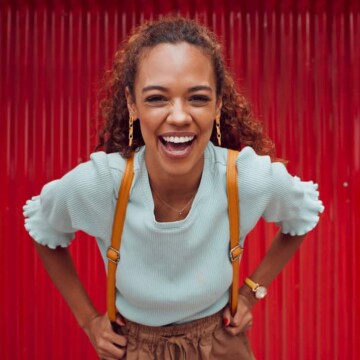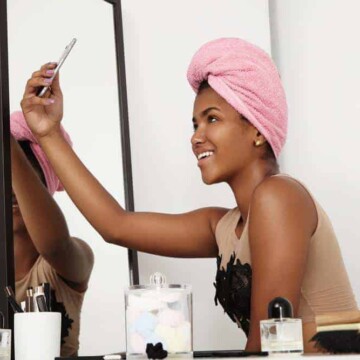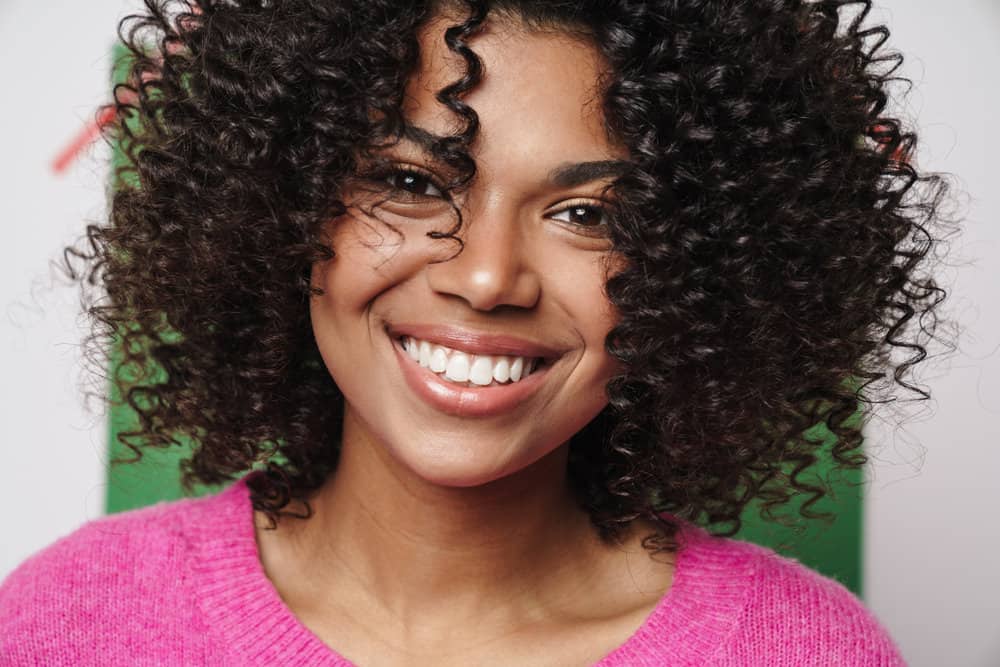
After you wash your hair, you fully expect it to be clean and flake-free, but that doesn't always happen. Sometimes, dandruff can be tricky, persisting even after you've done your best to wash it away.
If you are struggling with dandruff that sticks around despite your best efforts, we've got good news! This article will explore some of the reasons why you still have dandruff after washing your hair and give you some heavy-duty tools to fight it.
Table of Contents
- 1 Why Do I Still Have Dandruff After Washing My Hair?
- 2 5 Proven Ways to Get Rid of Dandruff
- 3 How to Wash Hair With Dandruff
- 4 When to Reach Out to a Professional
- 4.1 How Do You Get Rid of Dandruff Flakes After Washing Your Hair?
- 4.2 What if My Dandruff Is Not Going Away?
- 4.3 Why Do I Still Have Dandruff After Washing My Hair With Dandruff Shampoo?
- 4.4 Why Do I Still Have Dandruff After Using Head and Shoulders?
- 4.5 How Often Should I Wash My Hair if I Have Dandruff?
- 4.6 Related Articles
Why Do I Still Have Dandruff After Washing My Hair?
Regular washing sessions are enough to keep dandruff at bay for some, but they aren't enough in every case. There are so many variables in play when it comes to scalp health, and we'll take a look at some of them below.
Here are three reasons why your dandruff keeps returning after you wash your hair.
- Your shampoo is drying out your scalp
- You aren't properly washing your hair
- You're not treating the dandruff
Key Takeaways
- Switch Your Shampoo: Use anti-dandruff or gentle shampoos that target Malassezia yeast and excess oil. Avoid harsh chemicals that irritate the scalp and exacerbate dandruff.
- Proper Washing Technique: Ensure thorough washing to remove dead cells and product buildup. Focus on massaging the shampoo into the scalp, not just the hair, to address itchy scalp and oil gland issues.
- Manage Stress Levels: High stress can worsen dandruff. Use stress reduction practices to maintain a healthy scalp and prevent hair loss.
- Diet Matters: Avoid inflammatory foods while increasing water intake. Eat nutrient-rich options to help manage dandruff and promote healthy hair follicles.
- Seek Professional Help: If you still have dandruff, see a doctor to find out why and get treatment. Doctors can diagnose underlying conditions like contact dermatitis.
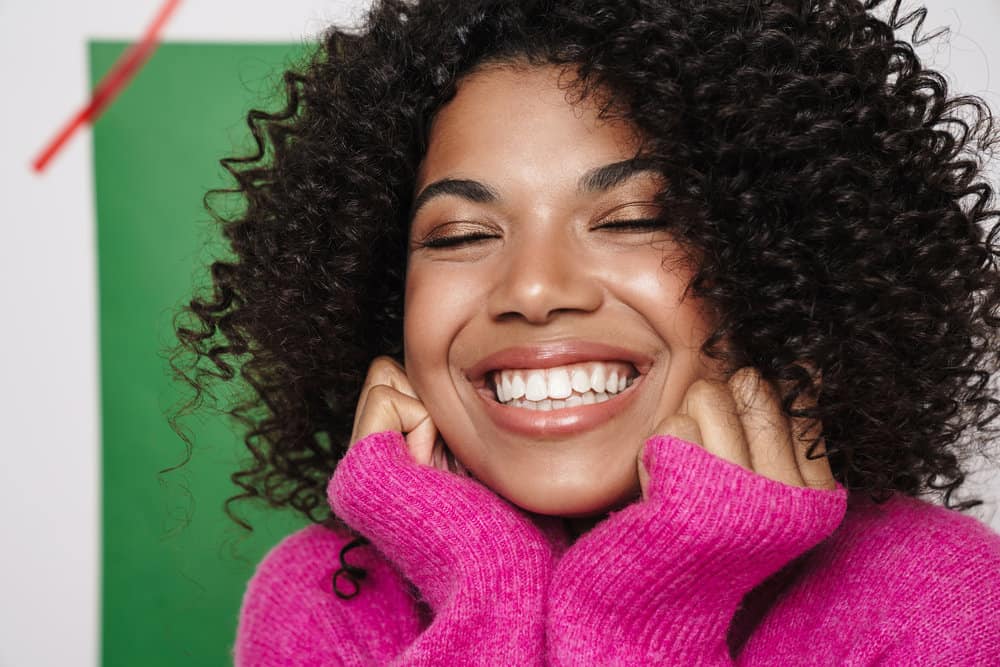
1. Your Shampoo Is Drying Out Your Scalp
When you wash your hair with a shampoo that contains harsh surfactants or lacks moisturizing ingredients, your scalp may end up drier than the Sahara Desert. A dry scalp eventually cracks, and the top layer of skin flakes off.
2. You Aren't Properly Washing Your Hair
Flakes that persist after shampooing may be a sign that you aren't washing your hair well enough. Although you may be tempted to rush through the process, doing so will leave your scalp dirty and flaky.
To get the flakes out, you'll need to scrub your scalp and hair thoroughly (we'll get into how to wash your hair properly later on in this article).

3. You're Not Treating the Dandruff
If you're not actively treating your dandruff, you can't expect the flaking to stop. And even if you do succeed in washing away all the flakes you see, if you don't take care of the root cause of dandruff and implement anti-dandruff remedies, the flakes will reappear before long.
5 Proven Ways to Get Rid of Dandruff
Now that you know why washing doesn't always remove dandruff, you're probably looking for ways to eliminate it for good. That's why, in this section, we'll walk you through five methods proven to eliminate dandruff and keep your scalp flake-free.
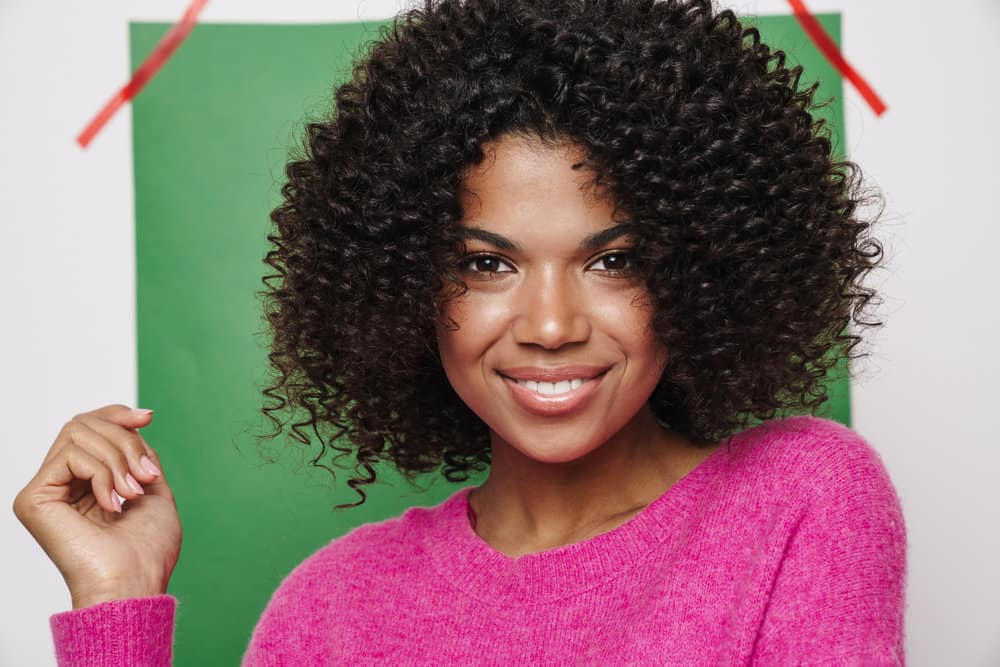
1. Switch to an Anti-Dandruff Shampoo
Anti-dandruff shampoo is one of the easiest and most effective ways to get rid of dandruff once and for all. As the name suggests, anti-dandruff shampoos contain active ingredients that fight dandruff at the source and leave your scalp feeling soothed, moisturized, and clean.
You've got many anti-dandruff shampoos to choose from, so shop around and try out a few to find one that works for you.
2. Weekly Scalp Exfoliation
Your regular wash routine might not be enough to cut through the thick layer of dead skin cells, product, and grease that builds up on your scalp. That's where exfoliation comes in!
Exfoliating your scalp eliminates the dry, flaky skin that fungus calls home while also getting rid of excess oil. It also helps reduce itchiness, which can keep you from picking at your scalp and worsening your symptoms.
For the best results, exfoliate your scalp once a week right before or after you've shampooed it. There are a number of ways you can exfoliate your scalp, including:
- Scalp massages
- Shampoo brushes
- Chemical exfoliants
- Scalp scrubs
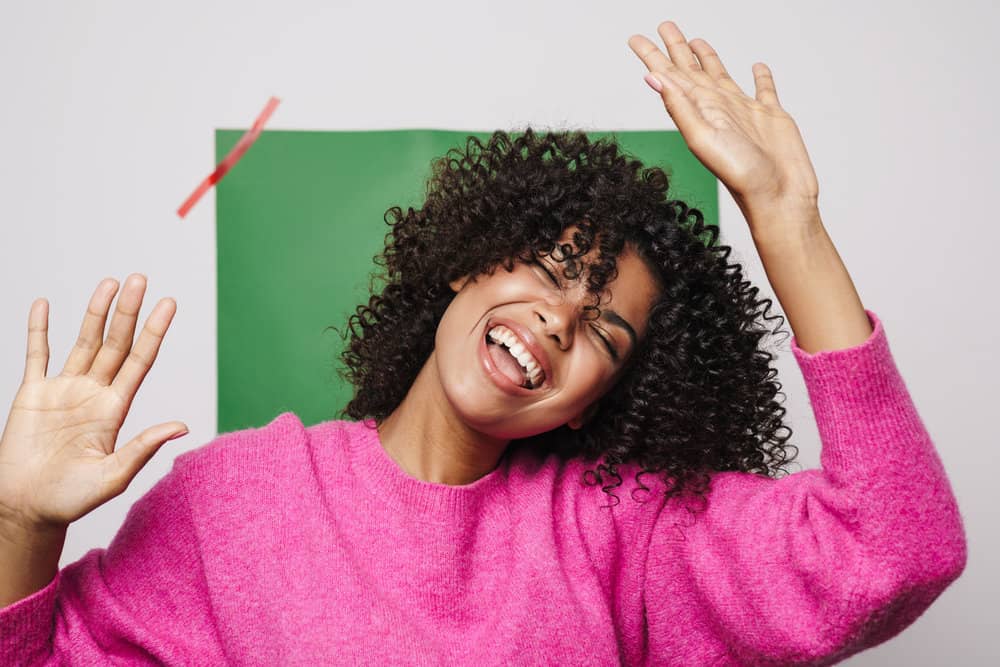
3. Eat Right to Mitigate Persistent Dandruff
Certain foods can cause your dandruff to flare up or make it more difficult for your body to fight off a fungal infestation. When it comes to scalp care, you'll see the best results if you treat your flakes using both internal and external methods.
That includes drinking plenty of water and eating nutrient-dense foods like fresh fruits, leafy greens, and veggies.
You should also avoid foods that cause inflammation in your body - doing so can increase oil production. Once you cut down on your consumption of greasy, sugary, and refined foods, you should see an improvement in no time!
4. Control Your Stress Levels to Prevent Dandruff
The more stressed your body is, the less it will be able to fight off dandruff. Stress suppresses your immune system, which leaves your scalp vulnerable to yeast and bacteria.
If you notice your dandruff seems to flare up whenever you're feeling stressed, do your best to manage your anxiety.
Learn coping techniques to help minimize the effects of everyday stressors and learn how to regulate your emotions through practices like deep breathing, talk therapy, and meditation.
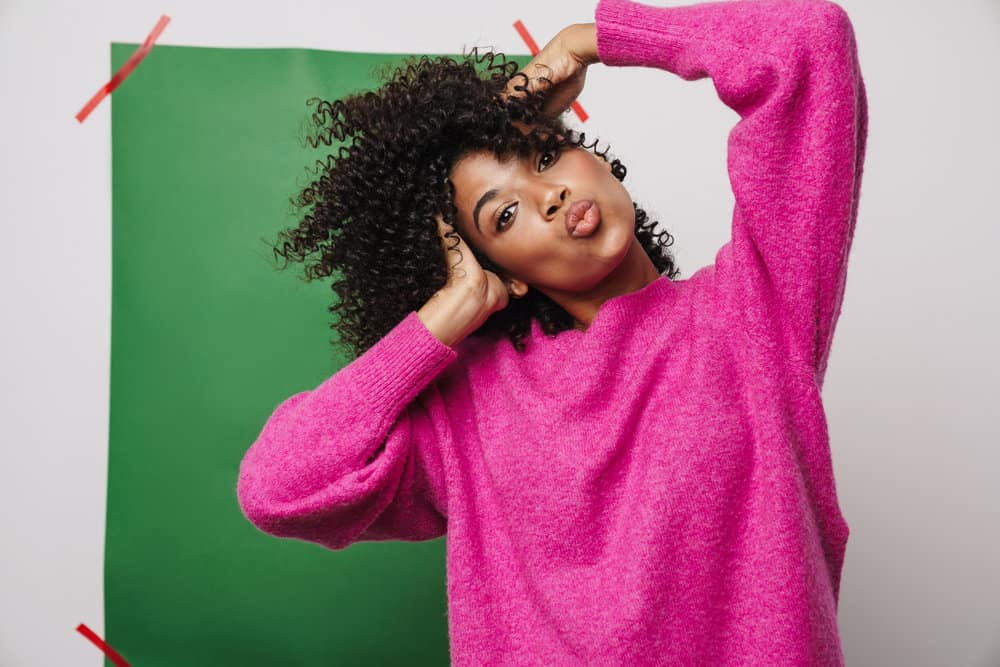
5. Try a Homemade Dandruff Remedy
There's no shortage of DIY dandruff remedies online. They use antifungal ingredients to fight fungi and soothe your inflamed scalp. You can make your treatment using any blend of antifungals you prefer.
Coconut oil, green tea, and tea tree oil all have well-documented anti-fungal and exfoliant properties and can restore the health of your scalp.
Want to go the DIY treatment route? Use the instructions below to try a green tea dandruff rinse:
- Gather your ingredients. You'll need a few cotton balls, a lemon peel, 8 ounces of water, one teaspoon of coconut oil, and a sachet of green tea.
- Boil the 8 ounces of water and then add the sachet of green tea and all of the other ingredients.
- After 2 minutes, take the green tea mixture off of the heat and allow it to cool down.
- Load up the cotton balls with the mixture and apply it to your entire scalp.
- Wait for up to an hour while the tea does its magic.
- Shampoo and condition your hair as you normally would.
You can do this treatment once a week until you see the results you're after.
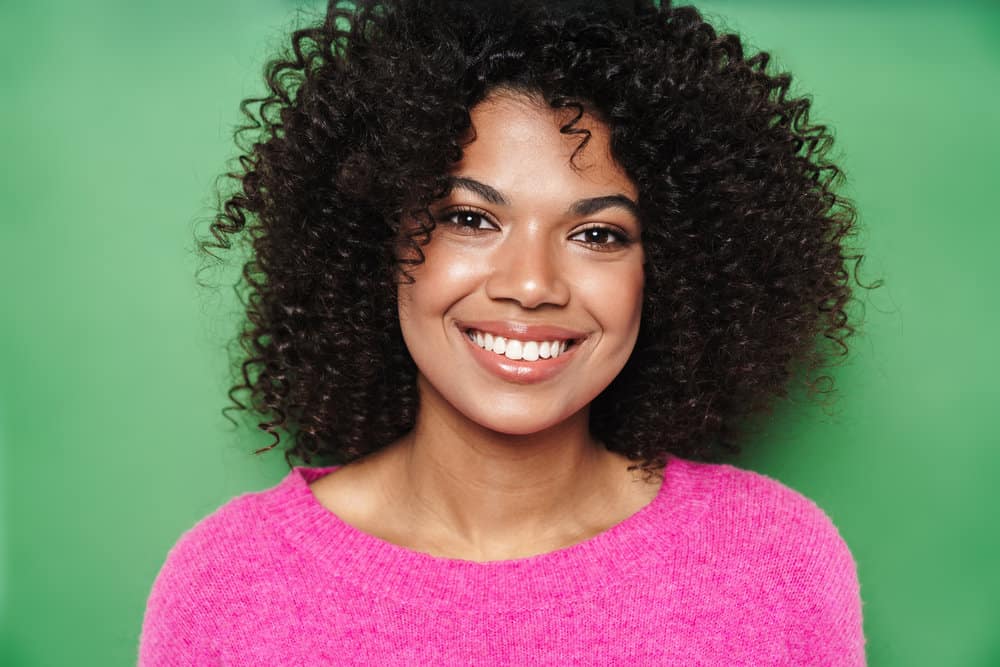
How to Wash Hair With Dandruff
Using the proper technique to wash your hair is crucial to eliminate dandruff. Start by gently brushing or combing your hair before you step into the shower.
In addition to getting rid of tangles, brushing your hair helps loosen dandruff flakes and redistributes the natural oils on your scalp so they won't prevent the shampoo from reaching your skin.
Instead of just slathering shampoo onto your strands, focus on cleaning your scalp. Gently massage an anti-dandruff shampoo into your scalp for at least 5 minutes.
You should be massaging for every second of those five minutes - the abrasion you create will remove loose flakes and ensure that the dandruff shampoo gets where it needs to go.
Leave no area of your scalp untouched. Rushing through the process will only leave you with caked-on dirt, oil, and flakes.
Another thing to watch out for is the temperature of your water.
Hot water can overstimulate your scalp and increase oil production, so wash your hair with warm or cool water instead. Once your hair is clean, apply your conditioner to the mid-lengths and ends of your hair.
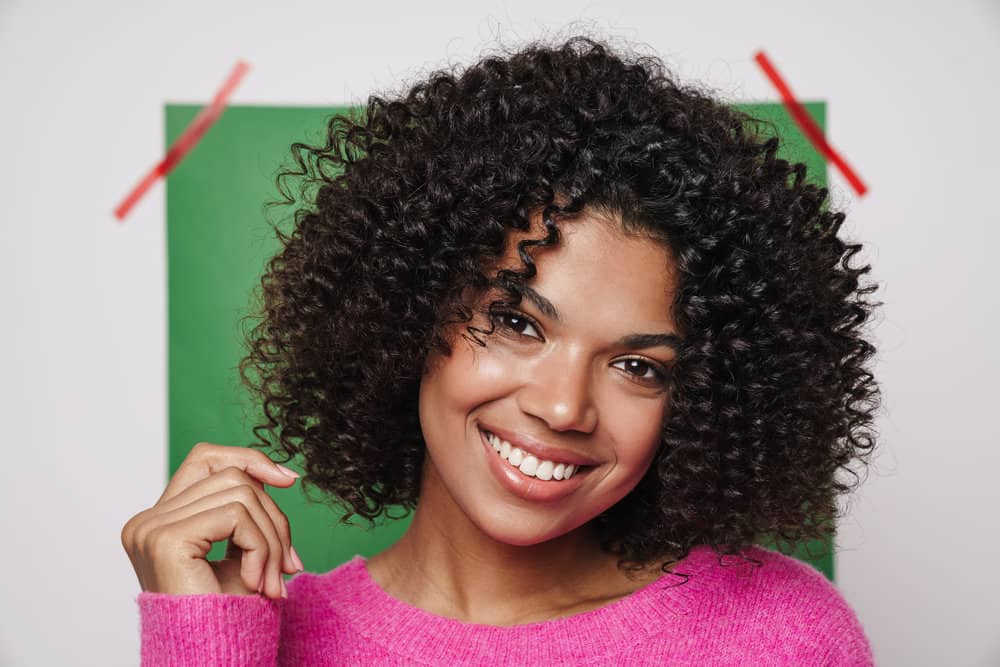
When to Reach Out to a Professional
Although there are many dandruff treatments out there, some situations warrant professional attention. Reach out for help if you've tried various remedies, and nothing seems to work or if your flakes are starting to impact your quality of life.
Also, contact a doctor immediately if your dandruff is accompanied by severe bleeding, pus, pain, or crusting. A professional will help you diagnose and treat the problem before it worsens.
How Do You Get Rid of Dandruff Flakes After Washing Your Hair?
To eliminate dandruff flakes after washing your hair, consider switching to a specialized anti-dandruff or medicated shampoo containing active ingredients like zinc pyrithione or selenium sulfide.
Exfoliate your scalp weekly to remove dead skin cells, product buildup, and excess oil. Properly washing your hair involves massaging the shampoo thoroughly into your scalp, ensuring the product reaches the skin to combat the flaky scalp issue.
What if My Dandruff Is Not Going Away?
If your dandruff is not going away, it may be due to using a regular shampoo that's not effectively addressing the scalp condition, or your hair washing technique needs improvement.
Consider adopting stress management practices, as high stress can exacerbate scalp problems. Evaluating your diet for inflammatory foods and focusing on hydration and nutrient-rich options is also beneficial. If these steps don't alleviate the issue, seeking professional help to diagnose underlying skin conditions or issues like scalp psoriasis is advisable.
Why Do I Still Have Dandruff After Washing My Hair With Dandruff Shampoo?
Persisting dandruff after using dandruff shampoo could be due to not properly washing the hair and scalp. Also, the shampoo may not suit your specific scalp type or condition.
Ensure that you're massaging the shampoo into your scalp thoroughly for at least five minutes to address issues at the root, such as oil gland overproduction or fungal infection. If the issue continues, you might need a different type of medicated shampoo or professional advice to tackle your dandruff.
Why Do I Still Have Dandruff After Using Head and Shoulders?
Even after using a renowned brand like Head and Shoulders, dandruff can persist for various reasons. These conditions include the severity of the scalp condition, how thoroughly you wash your hair, or underlying skin conditions like scalp psoriasis.
Ensure you are massaging the shampoo well into your scalp to target the sebaceous glands and address oiliness or dry skin issues. If the dandruff persists, consider seeking professional advice for a diagnosis and tailored treatment.
How Often Should I Wash My Hair if I Have Dandruff?
Washing your hair daily can benefit those with an oily scalp who need to reduce flakiness. Others must adjust their washing schedules based on their scalp's response to avoid dry hair. Twice a week is an excellent place to start for most people.
The frequency of hair washing for individuals with dandruff should be based on the severity of their condition and their specific hair type. An anti-dandruff or medicated shampoo, rather than a regular shampoo, can be more effective. Always ensure thorough washing to remove product buildup and promote a healthy scalp.
- How to Get Rid of Dandruff in Braids
- Epsom Salt for Dandruff
- What Does Sea Salt Do for Your Hair?
- How To Get Dandruff Flakes Out Of Dreadlocks
Dandruff is often a sign of an imbalanced scalp. It's influenced by oily skin, using the wrong hair products, and cold weather. Taking swift action is essential. Consider switching to a gentle shampoo. You can also use hair care products with salicylic acid to address oil glands and reduce flakes.
If issues persist, consult a healthcare provider to treat underlying conditions. Allergic reactions or cradle cap in kids need professional diagnoses. Use these tips to keep your scalp healthy and flake-free. Use these tips to keep your scalp healthy and flake-free.
Dandruff is your scalp's way of telling you something isn't right. Treating your symptoms right away is the best way to ensure they don't get any worse. We hope this article has given you the tools you need to keep your scalp healthy and flake-free!


